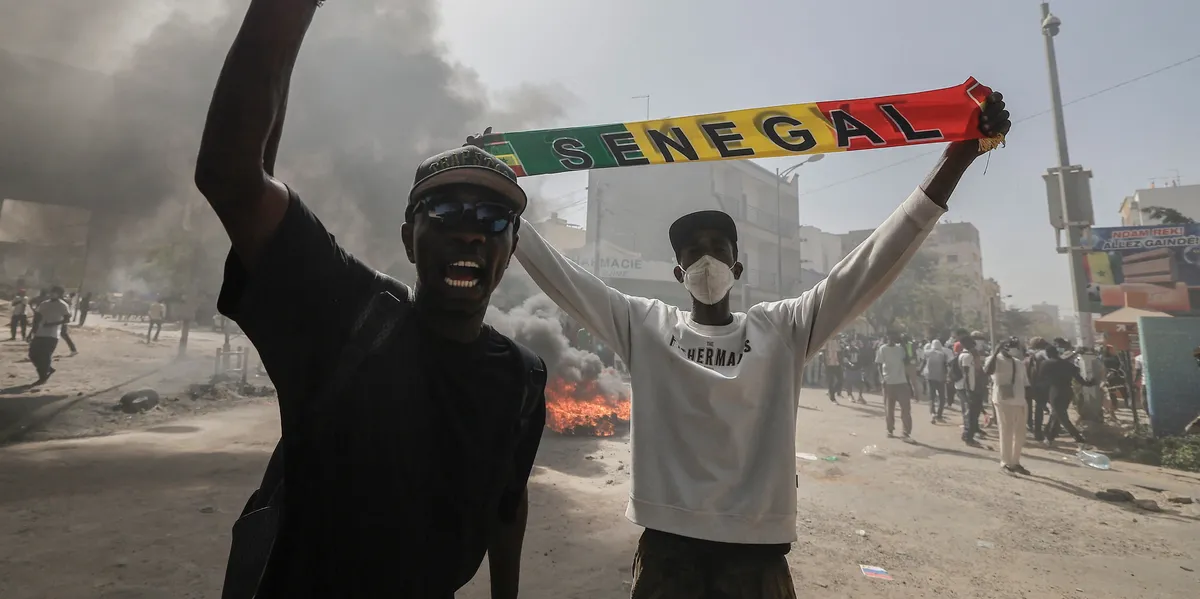
Senegal’s Ministry of Finance and Budget has strongly rebutted allegations made by opposition lawmaker Thierno Alassane Sall, who raised concerns over the legality and financial transparency of a rural electrification contract awarded to Spanish firm AEE Power EPC.
Sall, a member of parliament and leader of the Republic of Values party, publicly challenged the government over the guarantees tied to the deal, which he claims raise serious legal and ethical questions.
In a statement posted across his digital platforms, the former minister highlighted what he described as “unclear outlines” surrounding the financial guarantees issued for the project.
Specifically, he questioned the role of the National Credit Insurance Company (SONAC) in underwriting the guarantees, arguing that “the financial coverage mechanisms, including those provided by SONAC, deserved a thorough examination.”
Sall emphasized the need for a deeper investigation into a contract estimated to exceed 90 billion CFA francs, pressing for greater accountability in public financial engagements.
In a detailed response issued on June 17, the Ministry of Finance stood firm in its defence, insisting that all guarantees issued by SONAC were fully compliant with legal standards.
The ministry revealed that SONAC had provided guarantees totalling 37 billion CFA francs to cover essential components of the February 23, 2024, contract — including advance payments, performance bonds, and financial commitments.
Furthermore, officials clarified that the annual insurance premium, amounting to 947 million CFA francs, was duly paid within the stipulated timeframe.
The ministry anchored its defence in the regulatory framework of the Inter-African Conference on Insurance Markets (CIMA), citing it as the legal basis for the guarantees provided.
“The ministry asserts that all guarantees are based on the code of the Inter-African Conference on Insurance Markets (CIMA), a guarantee of regularity for transactions involving insurance in the sub-region,” read the official communiqué.
This exchange underscores a broader political confrontation between demands for financial transparency and the government’s reliance on complex contractual mechanisms.
Sall, a telecommunications engineer by training and a vocal anti-corruption advocate, has positioned himself as a watchdog figure challenging the status quo.
His criticism reinforces his image as a principled opponent, particularly at a time when public scrutiny of fiscal governance is intensifying across Senegal.
While the ministry’s response is both numerically specific and legally grounded, observers note that public confidence may hinge on whether further documentation is released and if oversight bodies are empowered to independently assess the project’s validity.



